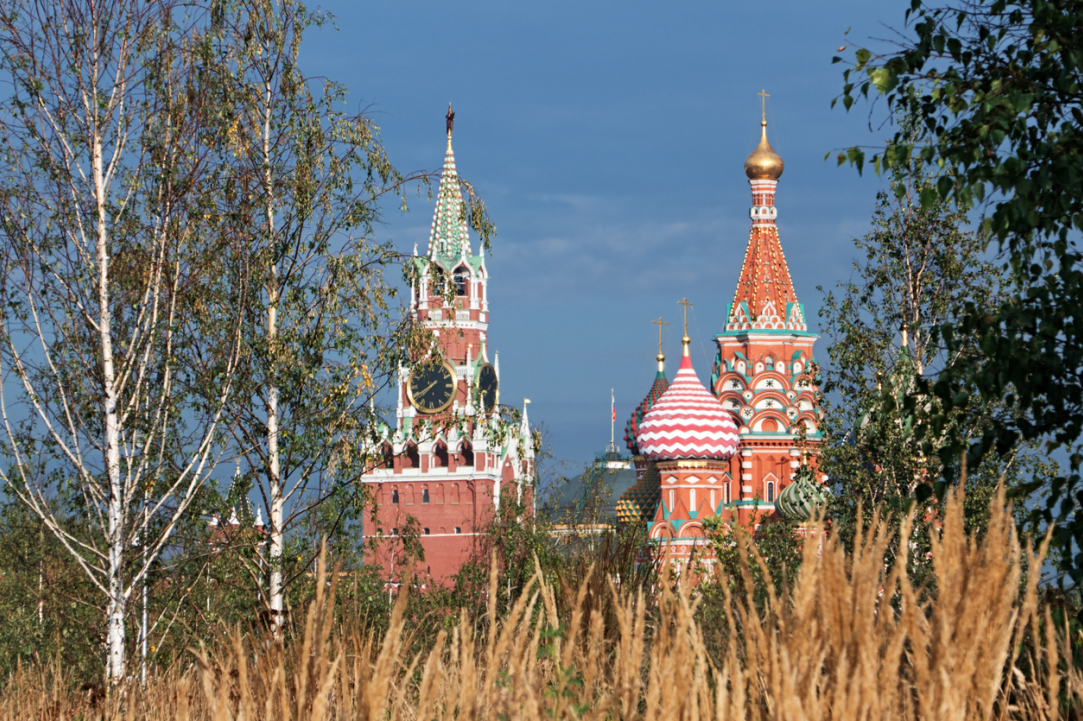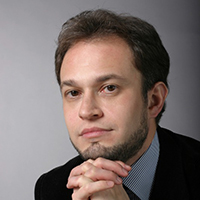New HSE Bachelor's Programme Will Teach Students to Work in Russia and with Russia

HSE is launching a new Bachelor's programme in Russian Studies. While the programme will be taught in English, it is intended not only for foreigners but also for Russian students. Rostislav Turovsky, the programme’s Academic Supervisor, spoke to the HSE News Service about the features of the new programme.

Rostislav Turovsky
Who needs Russian Studies?
There are very few educational programmes that train experts on Russia, especially modern Russia, and our programme has no analogues elsewhere in the world. Our programme is complex and is not limited to the study of international relations or Russian language courses for foreigners. Our graduates will learn not only about Russia’s history and culture, state and legal structure, business, and domestic and foreign policy, but they will also have the ability to analyse the economic and socio-cultural processes taking place in our country. They will be given the training required to work both in Russia and with Russia.
Why is it taught in English?
Instruction in English is important for several reasons. The most obvious is that fluency in English and the opportunity to practice it will only benefit students. Another reason is that students will master the political terminology that modern specialists will need to communicate with colleagues and to carry out research. In addition, we plan to enrol many international students in the programme. It will be a truly international team, and students should be able to communicate with each other freely. Russian students will have the ability to take intensive training in English, while international students will be offered an intensive course in Russian if they wish to improve their language skills.
The curriculum
The programme is interdisciplinary, which means that no single discipline will be the basis of the entire programme. All disciplines are centred around the main subject of study, which is Russia. We will explore themes from different perspectives using methods from the social sciences and humanities. For example, we offer courses such as modern mass culture of Russia, Russian art, business communication, etc.
From general theory, we move on to the study of specific Russian practices. Students decide which area to focus on. For example, they can choose the Economics and Law track, which covers business establishment in Russia, foreign business in Russia, and Russian business abroad. The Society and Politics track features in-depth study of Russian politics, media, public relations and government relations, as well as culture and religion. The Foreign Policy track studies international relations theory, as well as Russia's relations with post-Soviet countries, Western countries, Africa and Asia.
Admissions
International students can submit their applications online. The admissions are already open. Once you submit an application, it will be necessary to sit two entrance exams - in English and Social Studies. These can be taken either in person at HSE Moscow or online. The schedule of exams is posted on International Admissions site.
Career opportunities
Programme graduates will have the opportunity to pursue several different career paths, including as subject matter experts at major international companies operating in Russia or at Russian companies abroad, consulting and auditing, non-profit organizations, culture and media, private business, tourism, and others.
Our graduates can also pursue academic careers and work as lecturers at Russian and foreign universities, or carry out research. Academics with expertise on Russia are in demand in Western countries and China.
Finally, another option is to continue studying for a Master's degree, for example, in the Master's programme in Russian Studies, which is also taught in English.
